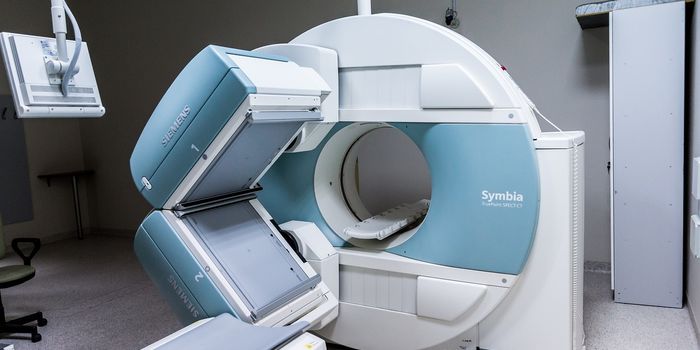Can Ebola help treat glioblastomas?
You might want to sit down for this. New research published in the Journal of Virology has named a surprising new ally to brain tumors: Ebola. Yes, you read that right.
According to scientists at Yale, elements of the feared virus could be used to treat glioblastomas, a type of brain tumor that is particularly lethal. Yale's Anthony van den Pol, a professor of neurosurgery, commented on the discovery, saying, "The irony is that one of the world's deadliest viruses may be useful in treating one of the deadliest of brain cancers.”
The idea behind the research considers the fact that most cancer cells are not able to generate immune responses against pathogens like viruses. Because of this, van den Pol and his fellow colleagues decided to see if a chimeric virus could target cancer cells. A chimeric virus refers to a combination of genes from multiple viruses that the researchers could use safely without risk of infection.
The researchers pinpointed one of the Ebola virus genes because of its ability to deter an immune system response. They determined that the Ebola virus glycoprotein contains a mucin-like domain that plays a role in immune evasion and that in their investigations with mice models, MLD helped selectively target and kill deadly glioblastoma brain tumors.
According to Science Daily, Van den Pol and the study's first author, Xue Zhang, said that “MLD's beneficial effect appears to be that it protects normal cells from infection -- but not cancer cells, which lack the ability to mount an immune response to pathogens.” This is likely because the chimeric virus with MLD replicates slower.
This research was funded by the National Cancer Institute of the National Institutes of Health. The authors hope that their findings will prove to be helpful in the future when chimeric viruses could potentially be used “in conjunction with surgery to eliminate glioblastoma tumors and help prevent a recurrence of cancer.”
Sources: Journal of Virology, Science Daily









